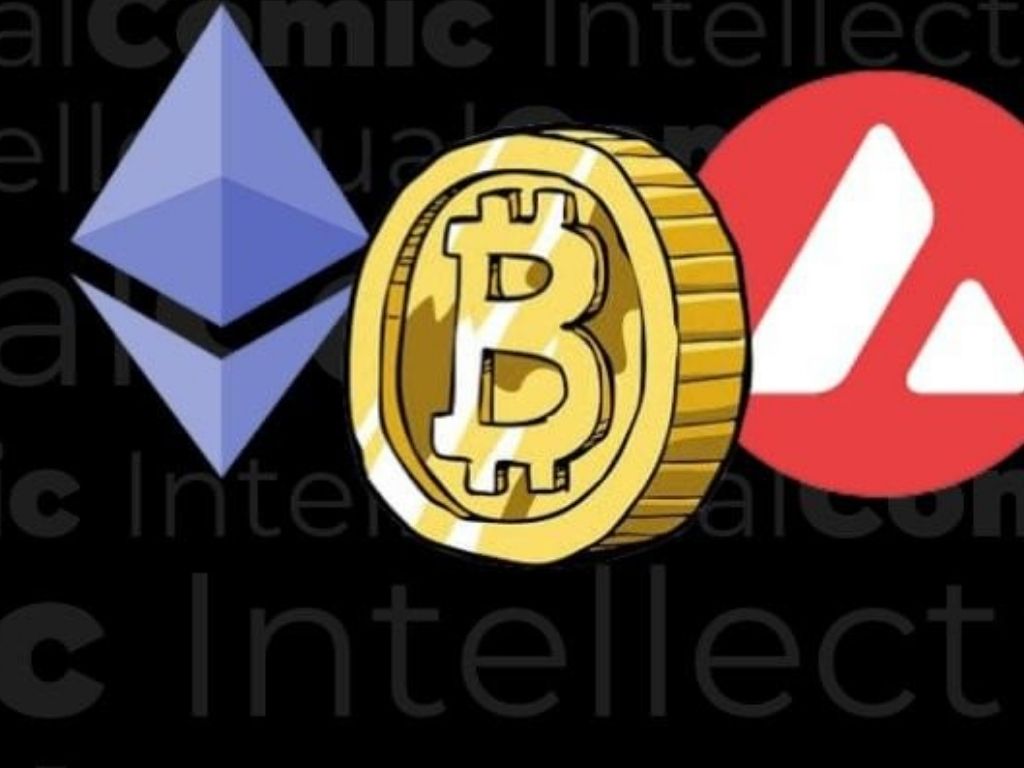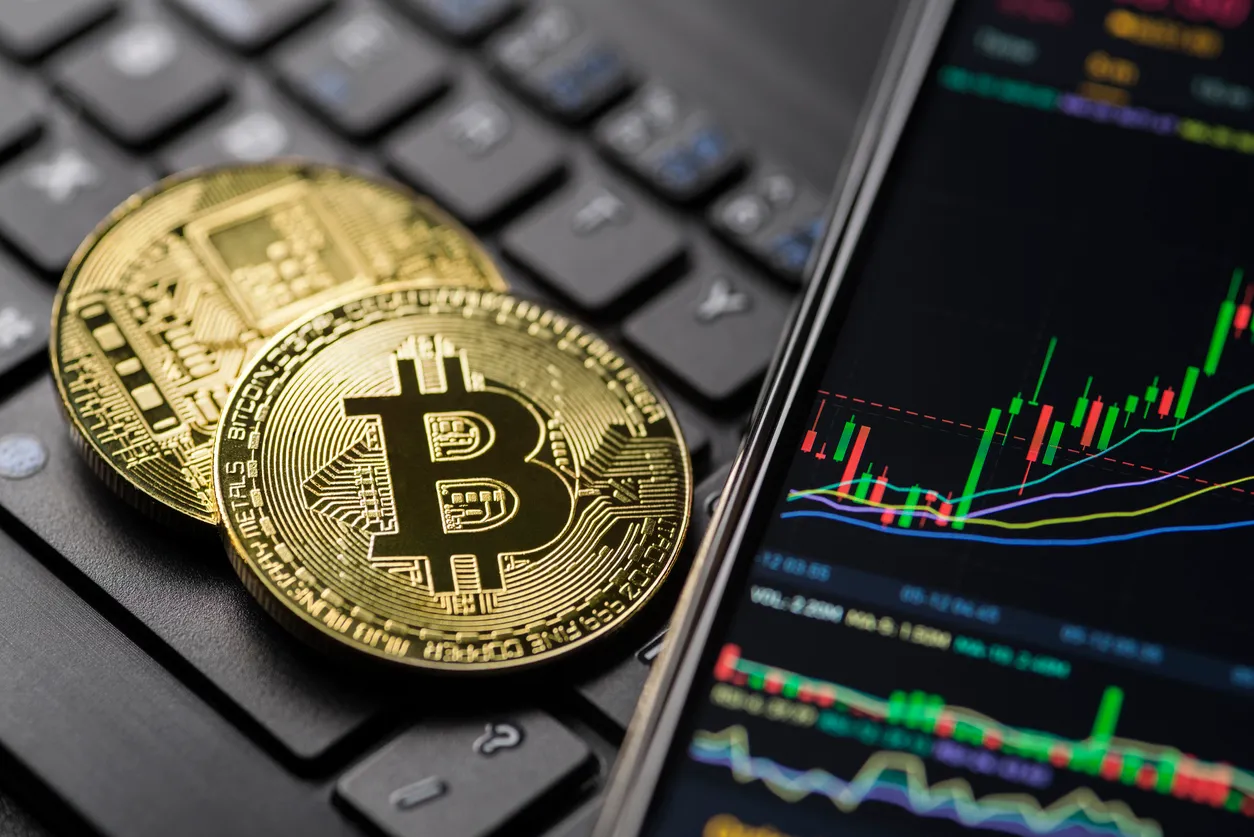
Fun Facts About Cryptocurrencies
- February 1, 2022
- 0
You may have heard of Bitcoin on the news years ago, or on Twitter where Elon Musk’s tweets cause ripples in the market. Cryptocurrencies became trending news in less than a decade, with Bitcoin values appearing over the morning television. People now see potential in the market, in hopes of taking their piece in the pie, joining the Cryptocurrency craze.
Now, perhaps you are not as familiar with Cryptocurrencies, someone who is starting new, or someone that needs some fun facts. Here, we have some interesting facts about Cryptocurrencies:
The mysterious origin of Bitcoi
Satoshi Nakamoto, a Japanese man who is the alleged creator of Bitcoin developed the coding of Bitcoin in 2007. He worked on the codes until 2010, with the work continued by collaborators.
There is also a question on whether he is a real person, or a collection of people using a single name. Some people speculate that his name could be an acronym of unknown meaning, doubting his Japanese background as genuine.
The Nakamoto mystery is unlikely to be solved at any time with different theories on who could be the man.
Some countries ban Cryptocurrencies
Several countries enacted different forms of bans around Cryptocurrencies for different reasons. The bans range from allowing Cryptocurrency payments, Cryptocurrency exchanges, and financial institutions from providing services around Crypto transactions.
However, the bans would be fully unenforceable, as the use outside their jurisdiction cannot be banned. Some countries that enacted bans still allow the possession of Cryptocurrencies, putting it in legal limbo.
Countries that issued bans include Algeria, Bangladesh, Bolivia, China, Ecuador, Nepal, Nigeria, and Turkey. More countries would likely throw their hats on this increasingly international debate in the near future.
But legal tender in 1 country
El Salvador is currently the first and only country to date that declared Bitcoin legal tender alongside the already used US Dollar. The government provided citizens with digital wallets as well. The move was met with controversy in the Central American country, and at the beginning of implementation very negatively.
When introduced, the majority of Salvadorians were skeptical that Bitcoin would work as legal tender, hanging on to the physical Dollar in place.
The World Bank also weighed in on the legal tender, voicing it negatively for environmental and transparency concerns.
China was the largest miner of Cryptocurrencies
If you read the previous point, you may be surprised that once the largest miner has banned Cryptocurrencies. In 2021, China started enacting penalties for companies and entities that mine Cryptocurrencies. In the staggering span of 3 months, China at that peak of 75% of the world’s mining network fell to 0%.
Despite official data, analysts believe that people in China are still mining Cryptocurrencies, illegally by Chinese law. Chinese mining output is now a shadow of its former self, unable to achieve its former glory thanks to government crackdowns.
Memes took over cryptocurrencies
If you are on the internet, you may be familiar with Doge. Doge is a meme born from the photo of a Shiba Inu, gaining initial attention in 2013. Imagine telling someone in 2013 that Doge is a cryptocurrency.
Dogecoin started a parody of Bitcoin, but it soon took its own life. Cryptocurrency has its own devoted community and the value is tracked seriously in the market, even tracked on Google. Value at one point rallied after a tweet from Elon Musk on the coin.
There are also other meme Cryptocurrencies in circulation, including Coinye based on American celebrity Kanye West.
Cryptocurrencies are finite
There is a limit to how much Cryptocurrencies can be mined. This helps create value in them, not unlike oil, gold, other commodities, or even conventional currencies.
Bitcoin is expected to be fully mined by 2140 after reaching the limit of 21 million as more are mined, supplies dwindle. Gold is also a finite resource in comparison, also mined, but traditionally. Gold is traditionally watched as an investable commodity due to its role in the economy: the less optimistic the public opinion is with the global market, gold sees increased demand. Cryptocurrencies would fall into this same pattern.
Cryptocurrencies are as vulnerable as conventional currencies
Cryptocurrencies are meant to behave like conventional currencies, as the name indicates. With serious recognition given to some, it is increasingly so.
An average of 265,714 transactions take place each day with Bitcoin as of 2021. Mortgages and even pizza were purchased with Bitcoin, becoming much like the Dollar.
And much like conventional currencies, don’t lose them. In 2013, a man in Wales threw out a hard drive with 7,500 bitcoins on it and upon realizing the value that he lost $380 million in value he has been petitioning his city council to let him recover his hard drive from the landfill.
Almost 100,000 people became millionaires with Cryptocurrencies
Although values fluctuate unpredictably, nearly 100,000 people are known to have reached millionaire status with Cryptocurrencies investment. According to BitInfoCharts, 100,000 addresses with Bitcoins worth $1 million or more are in its system, but not all of their exact owners are known thanks to the anonymity that comes in the industry. Forbes even listed 12 cryptocurrency billionaires on the 2021 edition of its Billionaires List. It shows that people did
indeed find success in Cryptocurrencies with careful investment and luck, as many investors dream to reach this status.
So these were some of the most interesting facts about Cryptocurrencies. It is a new industry, and as history is written, we will see more interesting facts over time. Countries are deciding which side to take in this new medium of value. Trends not just on the economy, but social media can sway the values of Cryptocurrencies. Now, importantly they behave and are growing to be like conventional currencies.
Hope this motivates you further in investing as well and takes some of these notes to heart (including to keep your wallet secure).
Christopher Burton. Serial blogger for many different sites. I write about marketing, technology, IT, food, and really everything that interests me. Blockchain and crypto are a new passion of mine, and this blog is all about getting started with this new world of digital assets.

